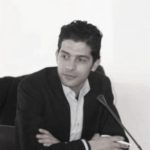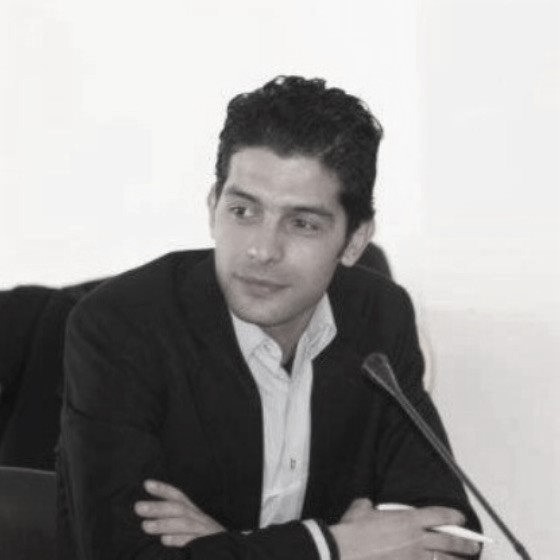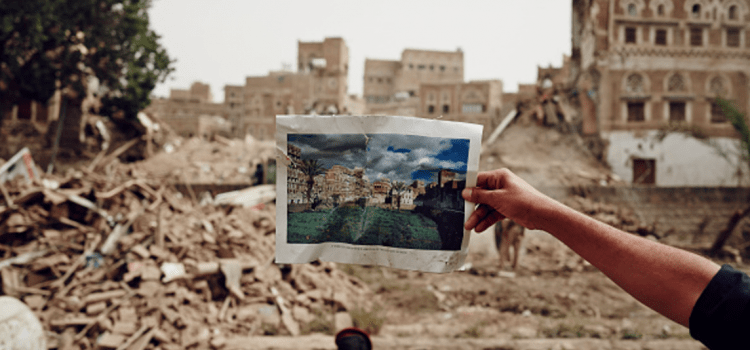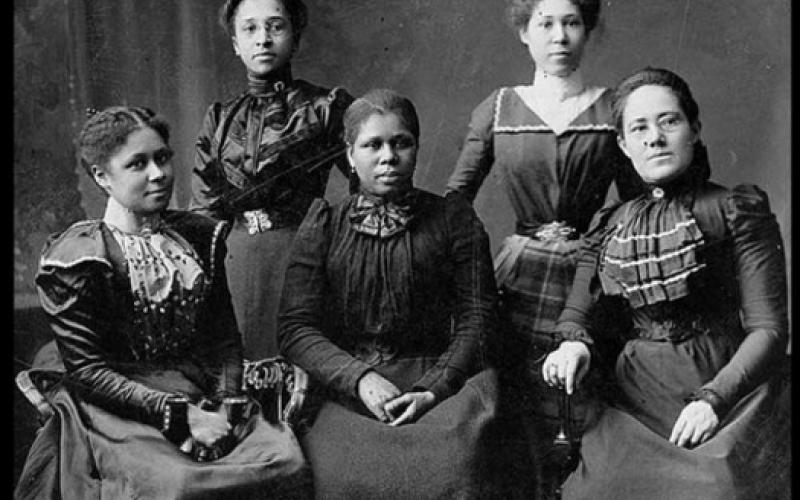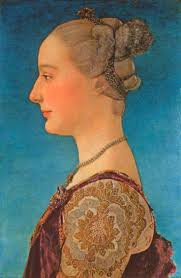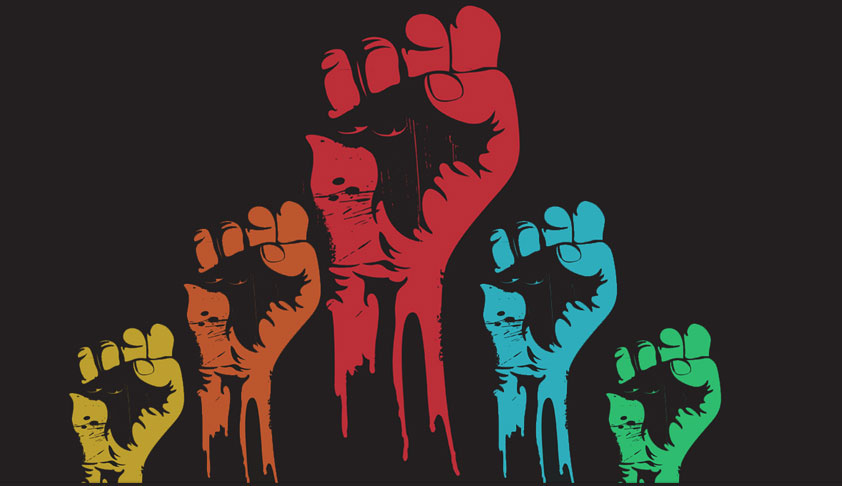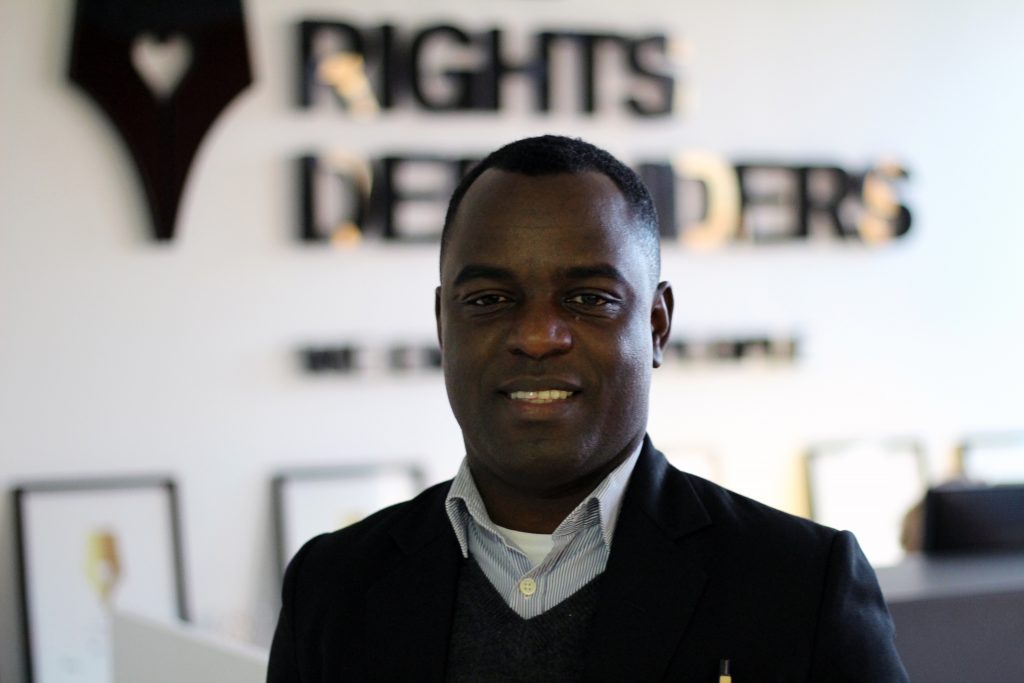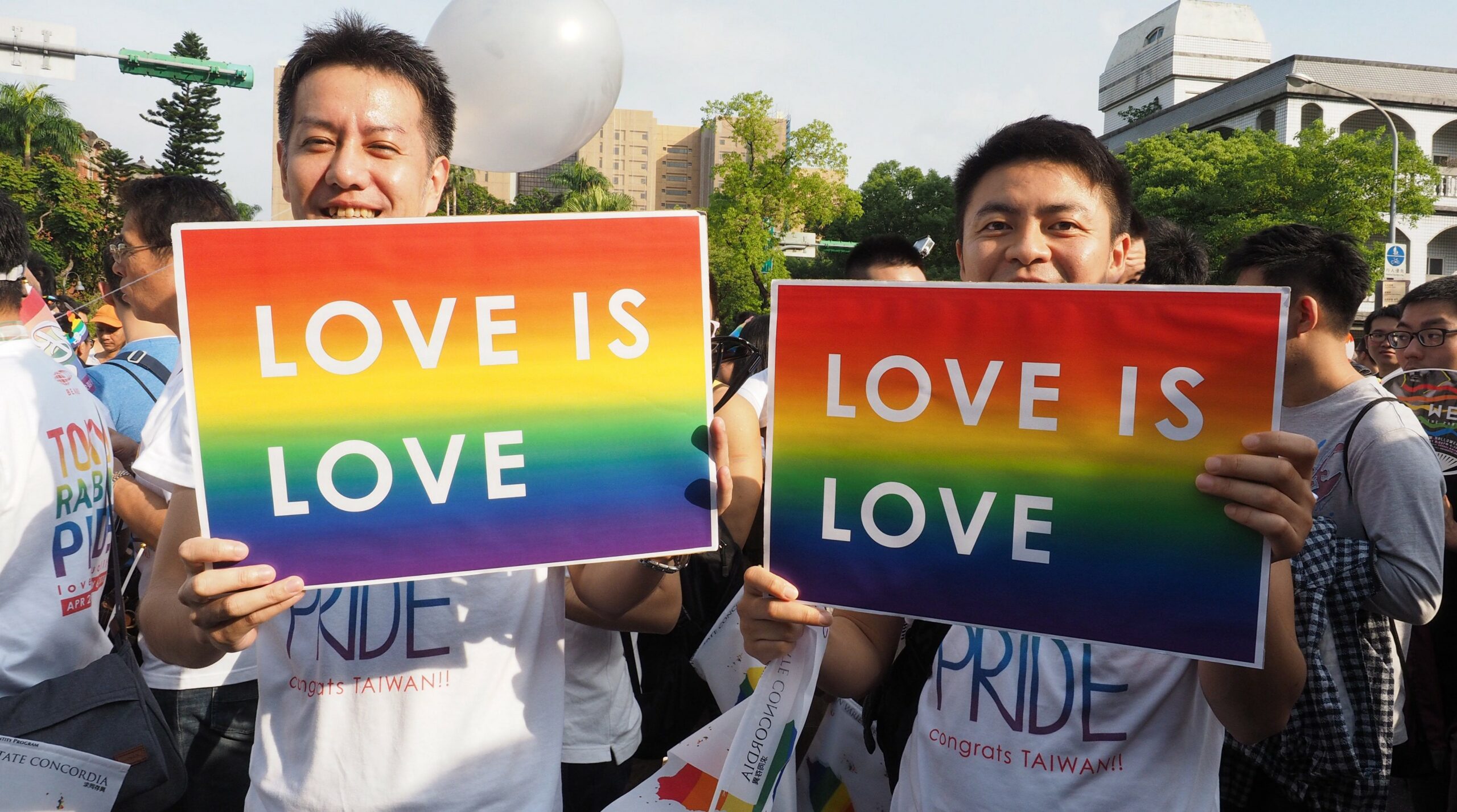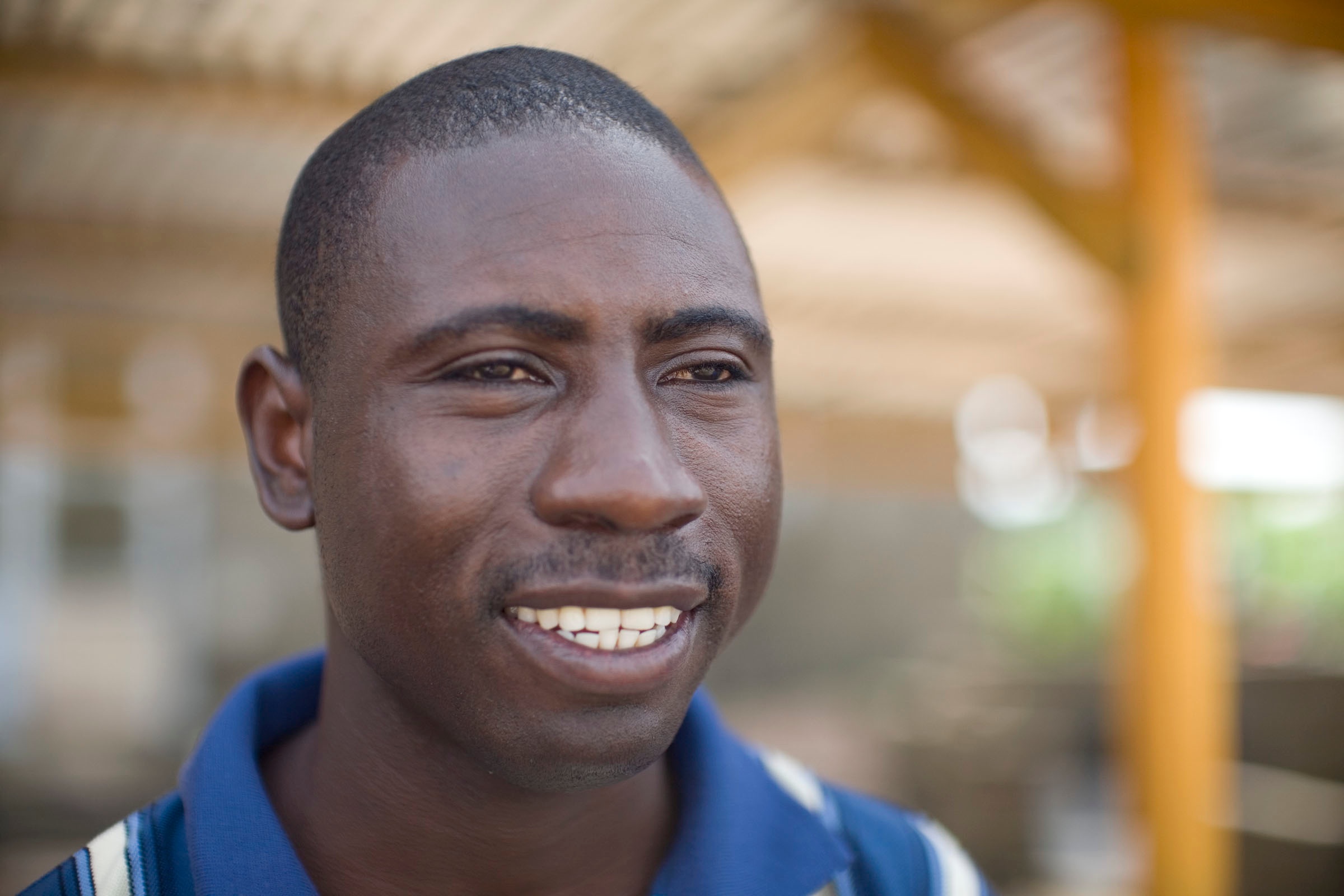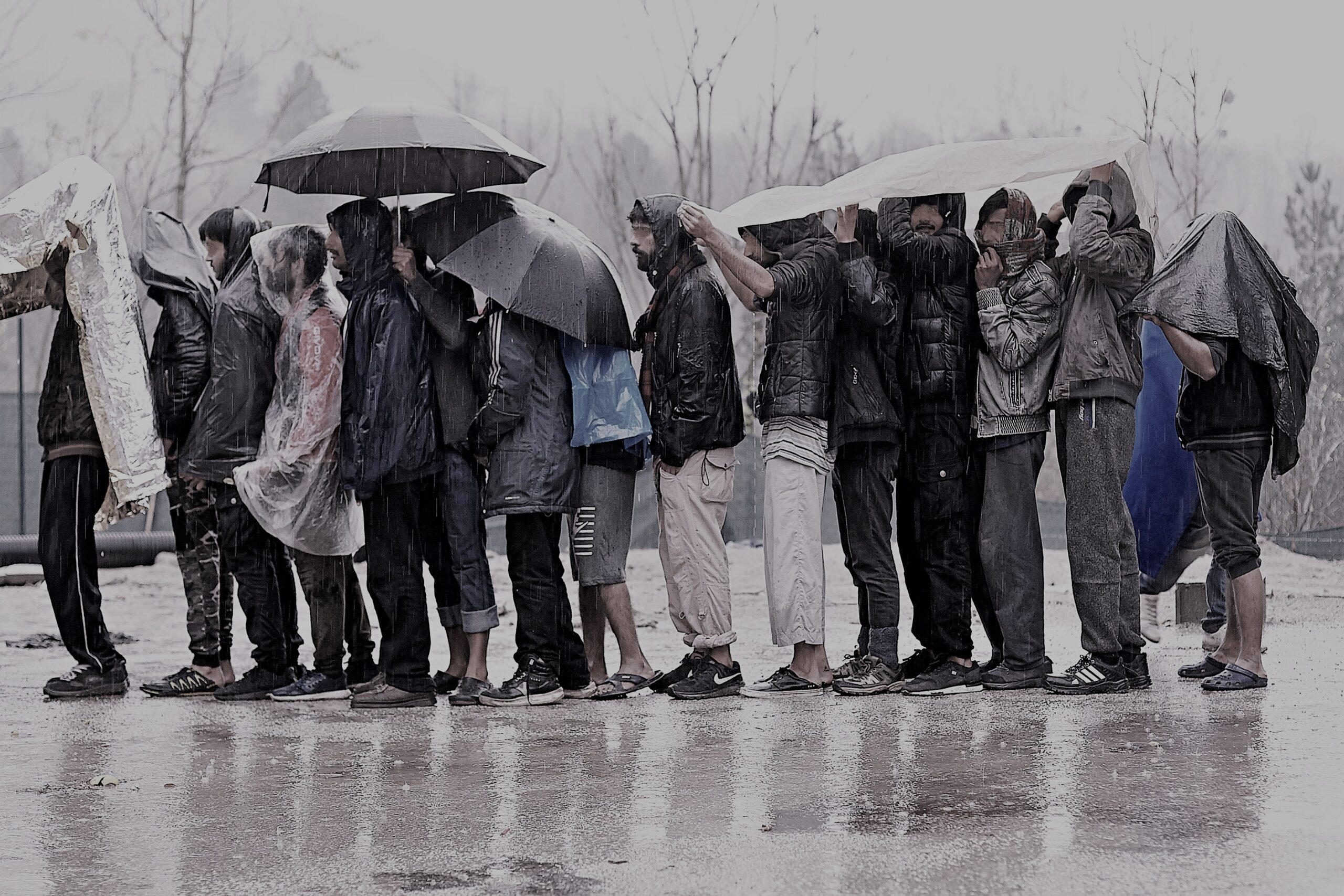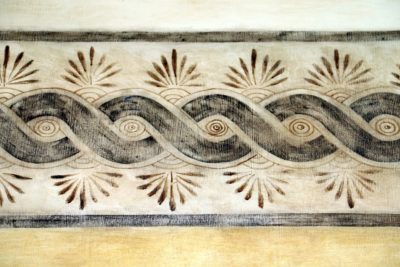
OLBIOS: As a President of Youth for Peace and Dialogue between Cultures in Morocco, you work on fostering respect among the population by bringing young people from different religions and backgrounds together to serve their communities. What are the challenges, the risks and the rewards of being a human rights activist in Morocco nowadays?
A great many human rights activists in Morocco have been subject to violations of their human rights. They have been the target of torture, beatings, arbitrary arrest and detention, harassment and defamation, as well as restrictions on their freedoms of movement, expression, association and assembly. Activists have been the victims of false accusations and unfair trial and conviction. I am struggling against the suppression of Moroccan youth and young people and for the right to know their rights by making human rights a reality in my country.
O: Would you say that there is significant progress in freedom of expression in Morocco? Is it possible for journalists, bloggers, artists and activists to express their views without any kind of harassment?
Z.E.H: I do not think so! Since 2014, freedom of expression in Morocco has continually regressed and with it, civil and political work has regressed, too. The authorities continued to harass journalists, bloggers, artists and activists for expressing their views peacefully. According to the Human Rights Watch, Morocco imprisoned at least 10 activists between September 2019 and February 2020 for “peacefully expressing critical opinions via Facebook posts, YouTube videos, or rap songs.”
Morocco’s 2016 Press and Publications Code does not punish speech offenses with prison terms. However, Moroccan authorities use the Penal Code to impose prison terms on citizens for a range of nonviolent speech offenses.
Z.E.H: Morocco reformed its electoral code to introduce a quota aimed at increasing female political representation: 67 women currently have a seat in the country’s legislative chamber and since 2011, provisions promoting gender equality have been enshrined in the Constitution.
As for protection of women against violence, Morocco was among the first MENA countries to repeal a rape-marriage law that allowed rapists to escape prosecution if they married their victims; such laws are still in force in Algeria, Bahrain, Iraq, Kuwait, Libya, Syria, and Palestine.
After five years of fierce debate, provisions criminalising sexual harassment while recognising violence against women as a form of gender-based discrimination were adopted in February 2018. Although Morocco has made improvements in women’s rights, work remains. Women across the country are continuing to fight for equality in all contexts. Moving forward, women’s rights organizations continue to advocate for the safety and liberty of all Moroccan women. Women gained both the right to vote and the right to stand in an election on the same date in May 1963. The assumption of leadership by women is historical and considered to be a great gain for Moroccan women.
Unfortunately, most women struggle to gain access to political leadership positions today. As of 2018, only 81 out of 395 parliamentary members were held by women. This begs the question of whether Moroccan women can be accurately and meaning fully represented by their government voices. Many activists call for more female representation in parliament and other positions of power.
Reported cases of domestic violence in Morocco have increased since lockdown measures were put in place to try to contain the Covid-19 pandemic in late March 2020. Since then, Moroccan organizations providing support and resources to women in abusive situations reported receiving double and triple the number of usual calls, mainly from women reporting “physical, sexual, psychological and economic abuse, primarily by husbands and male partners.”
Unfortunately, there is still a long way to go for women in Morocco! Although Morocco has ratified all provisions in the Convention to Eliminate All Forms of Discrimination Against Women (CEDAW), subaltern women continue to be marginalized and oppressed by prevalent patriarchal practices. The problem arises when regulations to strengthen gender equality are written in to laws but not applied in practice.
It is almost impossible for an LGBT person fearing for his or her safety to obtain efficient protection by the police. An LGBT person would avoid showing up at a local police station out of fear of being arrested for homosexuality or being met with stereotyped questions and prejudice
Nevertheless, it still contravenes traditional Islamic morality and traditional gender roles, and as such is stigmatized and viewed as immoral. Cross-dressing is also considered to be taboo. The LGBTI community is at risk of arrest as well as verbal and physical violence. They are socially marginalized and must keep their sexual orientation a secret. According to the UNHCR report, Morocco: Treatment of Homosexuals, Moroccan society does not even “suspect” that lesbians exist. It also suggests that homosexuals who do not hide their sexual identity are at risk of being harassed by the police.
O: You are particularly interested in interfaith dialogue. The UN has recently adopted a Morocco-drafted resolution on counter-terrorism and interfaith dialogue. The resolution seems like a statement about Morocco’s reputation as a fortress against religious fundamentalism, extremist discourse, and terrorism. How would you assess Morocco’s status as a bastion of religious cohabitation?
Z.E.H: In stark contrast to neighbouring nations of Algeria, Tunisia and Libya, Morocco has remained relatively terror-free; it’s the last safe haven in North Africa. This fact can be attributed to it being one of the most tolerant Muslim nations and to its increased security efforts with Spain, France and the United States to fight global terrorism.
Morocco’s efforts to promote tolerance – from its historical tradition of protecting its Jewish minority, the signing of the Marrakech Declaration, to the agreement with Israel – sets an example to the region and throughout the world;
Not only is Morocco a strong country in the fight against terrorism, the country also works to combat extremist ideologies within its borders and throughout the region by promoting religious tolerance and by training imams.
Morocco has, in recent years, put massive efforts in countering radical discourses, preventing terrorist plots, and “building bridges.” Most notably, Morocco is increasingly becoming an exporter of “tolerant Islam.” The country’s Mohammed VI Institute for the Training of Imams, has become a continental Mecca, with many African—and increasingly European—countries sending students to be schooled in the tradition of what observers have called The next Generation of Imam.
O: Could you tell us about the achievements of the Moroccan civil society in the past years and specifically the current momentum of social activism among Moroccan youth?
Z.E.H: The process of democratization in Morocco has confronted political and economic challenges. Civil society has recently become very active in Moroccan society, operating in all sectors and starting from the paradigm of human rights. However, this civil society faces two major difficulties. The first is intrinsic to its existence, because it lacks resources and professionalism; whereas the second difficulty lies in the nature of power and its centralization, as central power is obsessed by co-optation of political actors and actors from civil society. Thus, political actors and social activists must start from consensus as a prerequisite and avoid anything that could challenge the political system. This leaves little room for a genuine democratic process.
The youth have different positions concerning the means through which they can influence social change. However, youth are aware of their limited impact on state policies. Their involvement in formal institutional politics is weak and they do not have the means to influence decision-makers. Influencing change requires joint efforts, large numbers and an organizational structure. The way forward concerning youth participation and influence will depend on the capacity of the youth to “give long life” to their initiatives, their capacity to mobilize and attract more youth around their issues, and the extent of openness on the part of the regime. During the coming years, spaces for political expression might be subject to more restrictions under the excuse of security concerns.
Zakaria El Hamel, President of Youth for Peace and Dialogue between Cultures in Morocco

